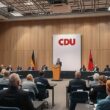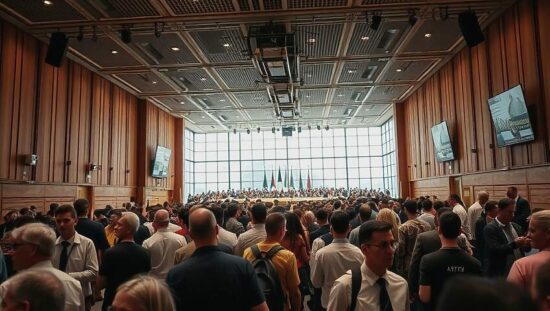A surprise announcement from former U.S. President Donald Trump has ignited speculation and concern regarding the evolving dynamics of transatlantic relations and the potential reshaping of U.S.-Russia policy. Trump confirmed he will meet with Russian President Vladimir Putin in Budapest, Hungary, following a Thursday phone call he described as “productive.
The timing and location of the planned meeting have already drawn scrutiny. Budapest, a nation often seen as cultivating closer ties with Russia, provides a symbolically charged backdrop for the encounter. A preliminary meeting is reportedly scheduled for next week, with U.S. Senator Marco Rubio expected to represent American interests in what appears to be a significant effort to pave the way for the full meeting.
During the call, Putin reportedly congratulated Trump on brokering peace in the Middle East – a claim that has been met with skepticism given the complexity and ongoing conflicts in the region. Trump’s recounting of Putin’s statement, characterizing it as a realization of a centuries-old dream, further fuels questions about the narrative being crafted around this diplomatic engagement.
Perhaps most significantly, Trump stated that trade discussions between the U.S. and Russia took place, contingent upon the cessation of the war in Ukraine. This conditional promise of resumed trade represents a potential shift in strategy, appearing to prioritize economic reconciliation over continued pressure on Moscow for its actions in Ukraine. Critics point to the potential for such a move to undermine the international efforts to hold Russia accountable and potentially embolden further aggression.
The upcoming meetings also raise questions surrounding the level of coordination, or lack thereof, between Trump’s potential future administration and the current Biden administration’s established foreign policy framework. The apparent eagerness to engage directly with Putin, particularly given the ongoing conflict and Russia’s strained relationship with the West, underscores a divergence in approaches that could have profound implications for U.S. foreign policy and global security. Concerns are mounting regarding the potential impact on the unity of the Western alliance and the long-term stability of the European security architecture.





